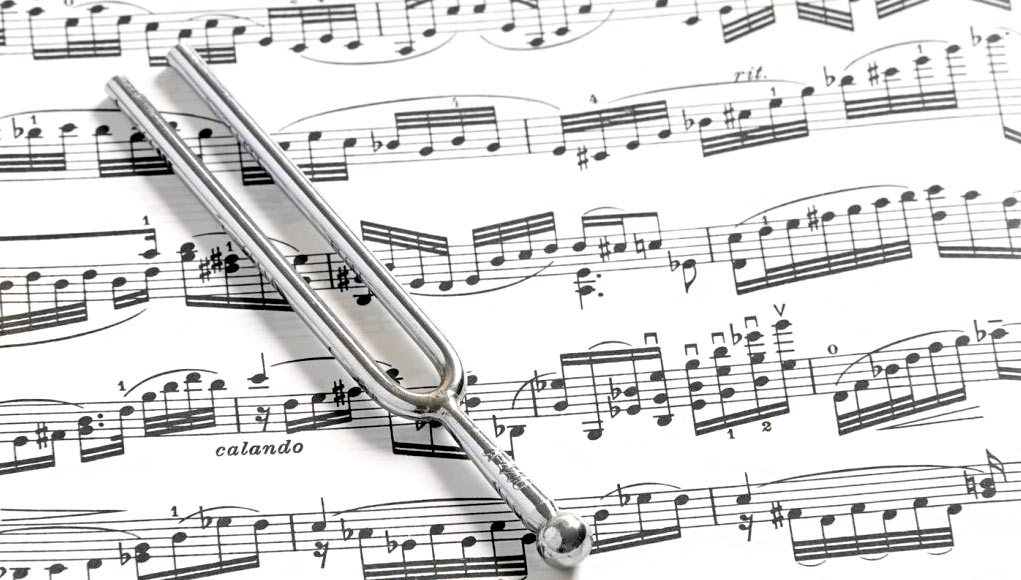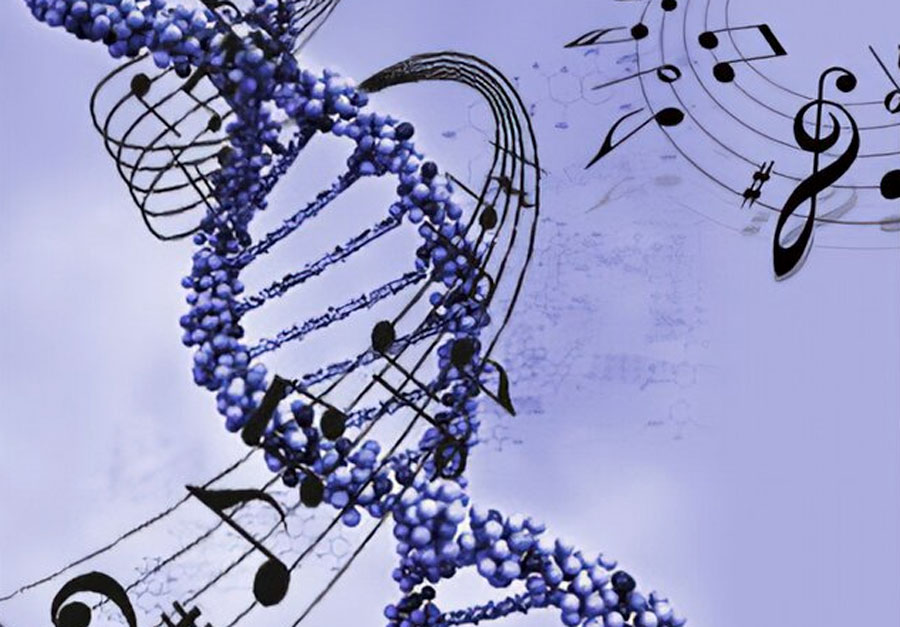
Perfect pitch is not Major League Baseball’s way to describe Nolan Ryan’s once-famous fastball. It’s also not a polished presentation by a salesman at your front door for a Kirby vacuum cleaner.
Perfect pitch is the unique ability to immediately recognize the name of any played musical note without the help and guidance of a reference tone. It’s also known as “Musical Ear” and “Absolute Pitch”.
Where Does Perfect Pitch Come From?
Big Hint: It seems to run generationally. Bach, Mozart and Beethoven had it. And they all came from musical families with a “great ear”.

But it’s not the physical ear that determines if you have perfect pitch. It’s a talent influenced by your DNA that provides your brain with a much-heightened musical sense perception. On the far end of the spectrum, we sometimes see this ability in savants, people with extremely focused talents, like photographic memory, total recall, and, yes, perfect pitch.
How Do I Know if I Have Perfect Pitch?
Here are sure signs you have perfect pitch. You’re able to identify individual notes played on various instruments. You can name all the notes within a played musical chord (wow!); and even name the pitches of common, everyday sounds such as alarms, bell tolls, whistling tea pots, and Tesla car horns!

It’s rare in humans. Ironically, it is not an indication of musical ability.
Rarer? Being able to accurately sing the exact note and tone of an identified frequency. “Hey Bing! Sing me a G Sharp!” (Mariah Carey has this talent. So did Bing Crosby, Nat King Cole, and Jimi Hendrix.)
Even rarer? Perfect pitch is often connected with people who see specific colors when individual musical notes are played. And, of course, this special sense has a fancy name: Chromesthesia. “Hey, Sam, play those blues again!”
Does Perfect Pitch Occur in Nature?
Many animals have perfect pitch, such as gerbils, wolves, and bats. (Name that tune when the wolfman bays at the moon!)
You cannot train and develop perfect pitch later in life. It just seems hard-wired into certain people.
DNA Plays a Dominant Role in Your Likelihood to Have Perfect Pitch.
Genetic predisposition seems to be the major factor. Perfect pitch follows what geneticists call an autosomal dominant inheritance pattern. That is, the trait is a dominant one carried by a single gene and not carried on a sex chromosome. The likely candidate appears to be Chromosome 8q24.21 on Gene: ASAP1, Variant: rs3057.

But environmental factors and early musical training for those genetically disposed to have perfect pitch seem to play important roles as well. Maybe that’s why little children often prefer mother singing than talking to them. Some theorize that we’re all born with perfect pitch and then lose the ability over time.
Or it could be related to a very early, primitive need to recognize certain animal sounds for fight-or-flight survival, or to mimic bird sounds as a smart, conniving human aid in hunting.
Use Your DNA To See Your Likelihood of Having Perfect Pitch
If you're a CRI Genetics customer, you can access your Perfect Pitch Report in your CRI Genetics account right now and find out your own likelihood of having it.
Not a CRI Genetics customer yet? Go check out any current promotions and discover how you can get the Pitch Perfect Report (and many more).
In any case, your predisposition to have perfect pitch can fortunately be determined by an analysis of your DNA.
Now sing after me, Do Re Me…!